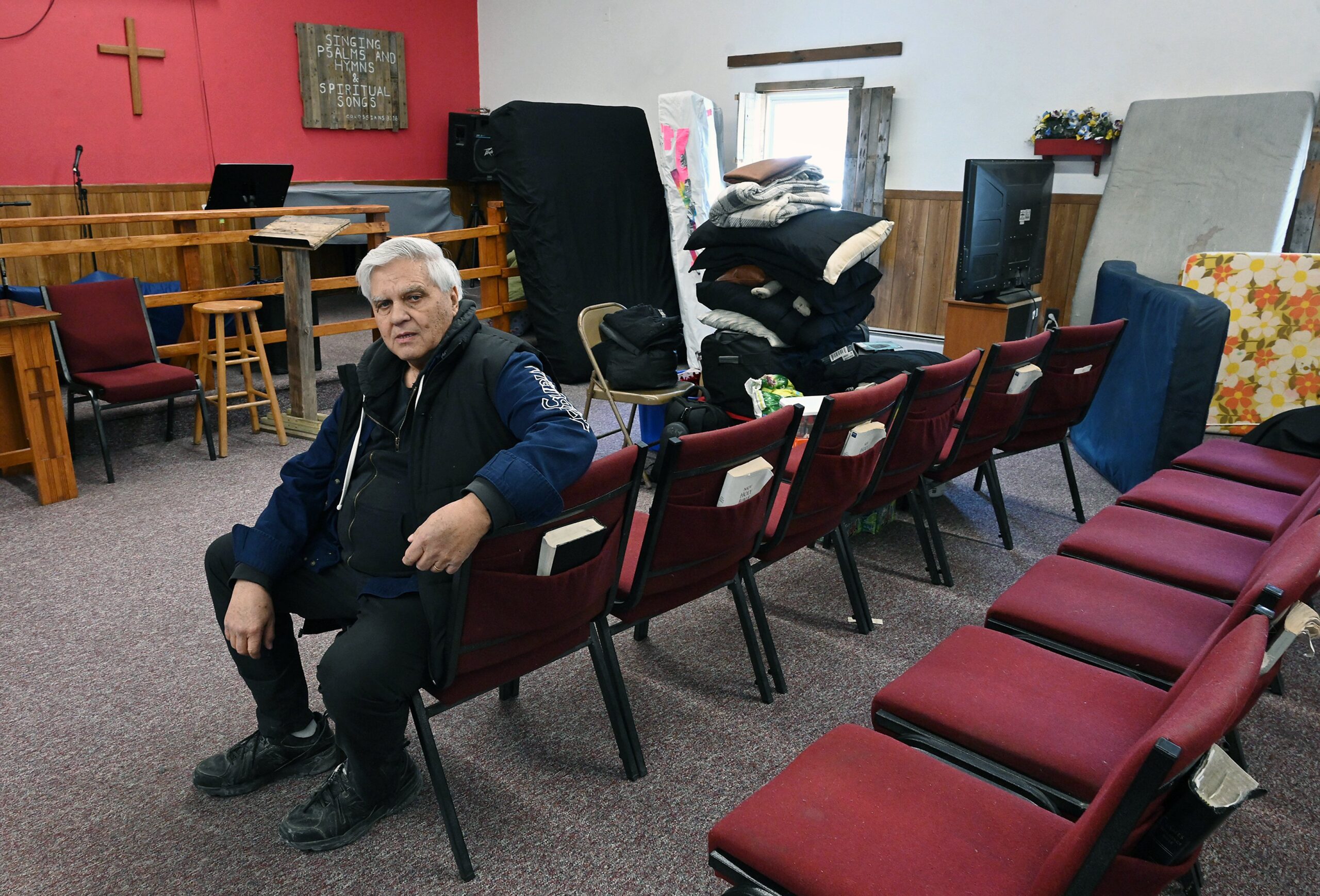Supreme Court judge Justice B.V. Nagarathna highlighted the rapid transformation of the Indian family structure and its profound impact on society and the legal system. Speaking at a conference, she emphasized the role of education, urbanization, and women’s economic independence in driving these changes.
Indian family undergoing rapid change, impacting law and society: SC Judge
Key Takeaways:
- The Indian family institution is undergoing rapid transformation affecting law and society.
- Factors like education, urbanization, and women’s economic independence are propelling these shifts.
- Justice Nagarathna advocates viewing women’s socio-economic liberation positively.
- The law has played a significant role in facilitating these transformations.
- The family remains a fundamental institution linking India’s past and future.
A Rapid Transformation of Indian Families
Supreme Court judge Justice B.V. Nagarathna addressed the evolving nature of the Indian family at the Southern Zone Regional Conference on “Family: The Basis of Indian Society.” She noted that the institution of the family in India is undergoing rapid transformation, profoundly impacting not only the structure and functioning of families but also the legal system.
Drivers of Change
Justice Nagarathna identified several factors propelling this transition:
- Greater Access to Education: Improved educational opportunities have empowered individuals with knowledge and awareness.
- Increasing Urbanization: Migration to urban areas is changing traditional family setups.
- Workforce Mobility: A mobile workforce is leading to more individualistic aspirations.
- Women’s Economic Independence: The growing economic independence of women, stemming from education and employment, is a significant driver.
She remarked, “The socio-economic liberation of women due to education and employment must be viewed positively.”
Impact on Law and Society
The shifts in family dynamics are not isolated; they have considerable effects on legal frameworks and societal norms. Justice Nagarathna emphasized that the law has aided in this transformation, adapting to the changing needs and structures of modern families.
The Enduring Importance of Family
Despite these changes, the family remains a fundamental institution in society. Justice Nagarathna described it as the link to “our past and a bridge to our future,” underscoring its enduring significance in every civilization.
Embracing the Change
Justice Nagarathna’s insights call for a positive outlook on the evolving family structures. By recognizing and adapting to these changes, society and the legal system can better address the needs of contemporary families while preserving the core values that bind them.











